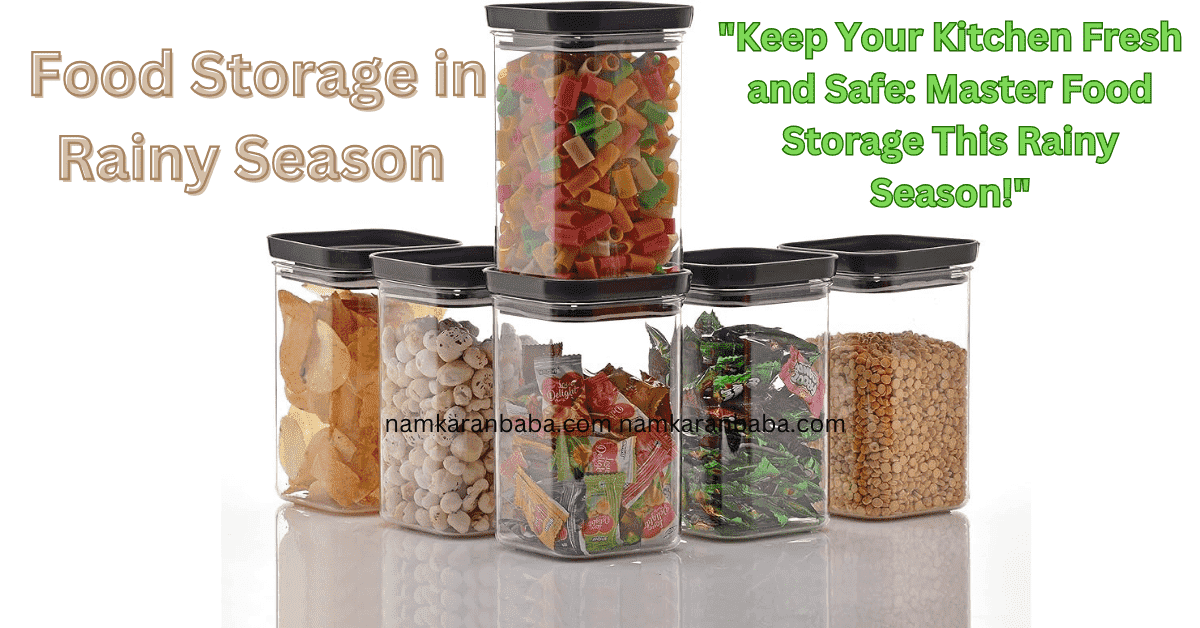Food Storage in Rainy Season: The rainy season brings relief from the scorching summer heat, but it also brings challenges for food storage. The high humidity and damp conditions can lead to the spoilage of food, growth of mold, and an increase in pests. Proper food storage techniques can help prevent these issues and keep your food fresh and safe to consume. In this article, we’ll explore various types of food that need special care during the rainy season and provide practical tips for storing them.
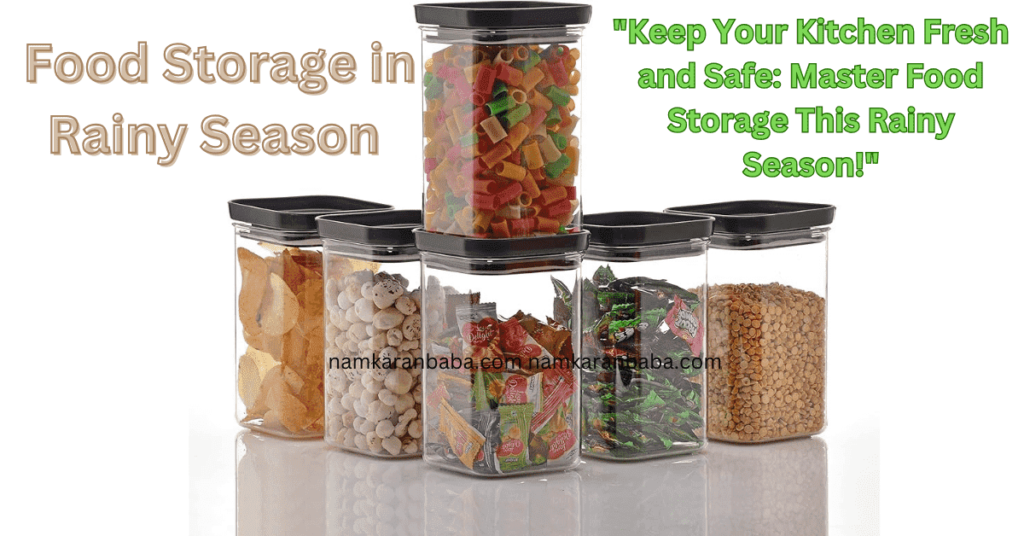
Table of Contents
1. Grains and Pulses
Grains and pulses are staple foods in many households. However, they are highly susceptible to moisture, which can lead to mold growth and spoilage.
Storage Tips:
– Airtight Containers: Store grains and pulses in airtight containers to prevent moisture from entering. Use containers made of glass, plastic, or metal.
– Dry Bay Leaves: Adding a few dry bay leaves to the containers can help repel pests like weevils.
– Inspect Regularly: Check the containers regularly for any signs of moisture or pests.

2. Spices
Spices add flavor to our food but can lose their potency if not stored properly during the rainy season.
Storage Tips:
– Airtight Jars: Store spices in airtight glass jars to maintain their freshness and flavor.
– Cool, Dry Place: Keep the jars in a cool, dry place away from direct sunlight and humidity.
– Small Quantities: Buy spices in small quantities to ensure they are used before they lose their potency.
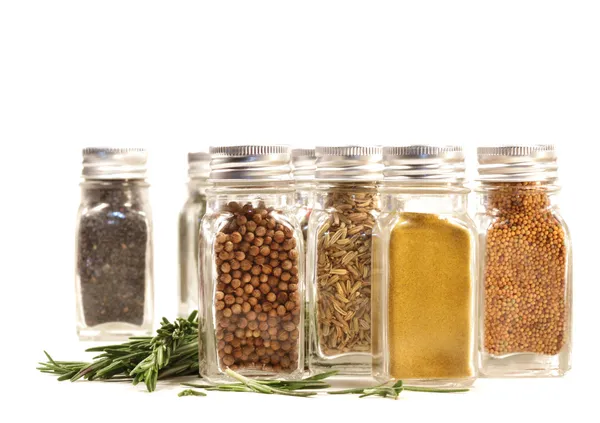
3. Flour and Baking Ingredients
Flour and other baking ingredients can easily absorb moisture, leading to clumping and spoilage.
Storage Tips:
– Airtight Containers: Store flour and baking ingredients like baking powder and soda in airtight containers.
– Refrigeration: For longer shelf life, consider storing flour in the refrigerator or freezer.
– Silica Gel Packs: Place silica gel packs in the storage area to absorb excess moisture.
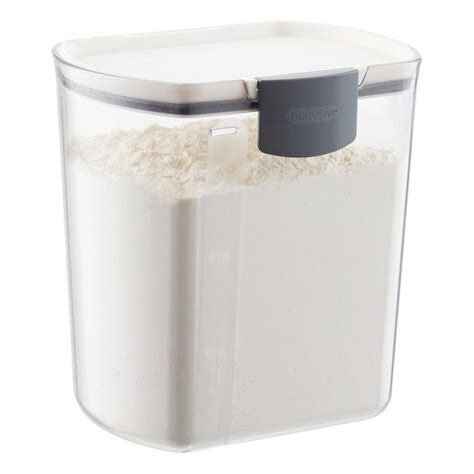
4. Fruits and Vegetables
Fruits and vegetables are prone to rotting quickly in the rainy season due to the high humidity levels.
Storage Tips:
– Refrigeration: Store perishable fruits and vegetables in the refrigerator to extend their shelf life.
– Paper Towels: Wrap leafy vegetables in paper towels to absorb excess moisture before refrigerating them.
– Separate Storage: Keep fruits and vegetables in separate storage compartments to prevent ethylene gas from causing premature ripening.

5. Dairy Products
Dairy products like milk, cheese, and yogurt need special care to prevent spoilage during the rainy season.
Storage Tips:
– Refrigeration: Always store dairy products in the refrigerator at the correct temperature.
– Airtight Containers: Use airtight containers to store cheese and yogurt to prevent them from absorbing other odors.
– Check Expiry Dates: Regularly check the expiry dates and consume dairy products before they go bad.
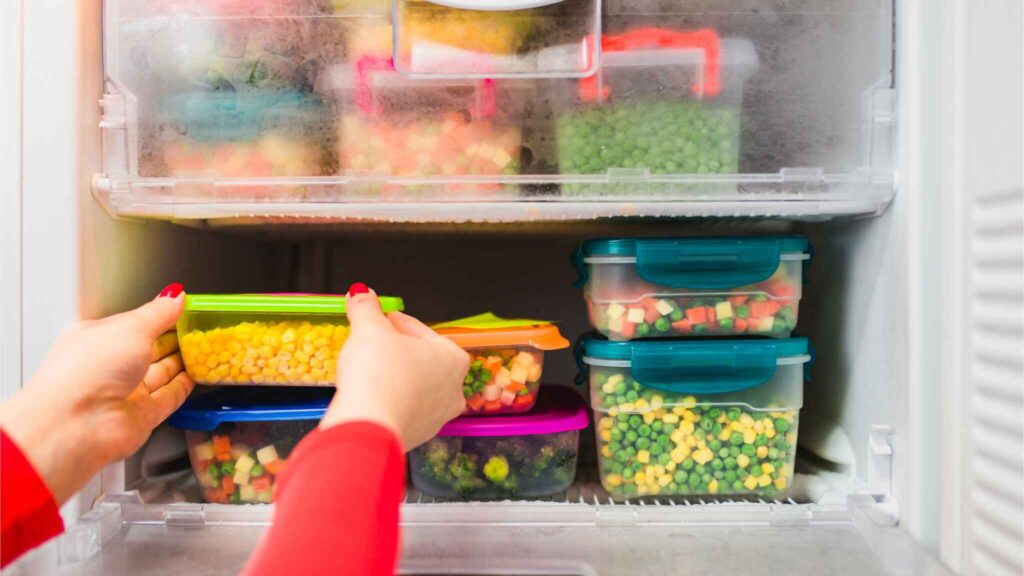
6. Bread and Bakery Items
Bread and other bakery items can become stale or moldy very quickly in humid conditions.
Storage Tips:
– Airtight Bags: Store bread in airtight bags or containers to keep it fresh.
– Refrigeration: Consider refrigerating or freezing bread to extend its shelf life.
– Toast Before Use: Toast bread slices before consumption to restore their texture.
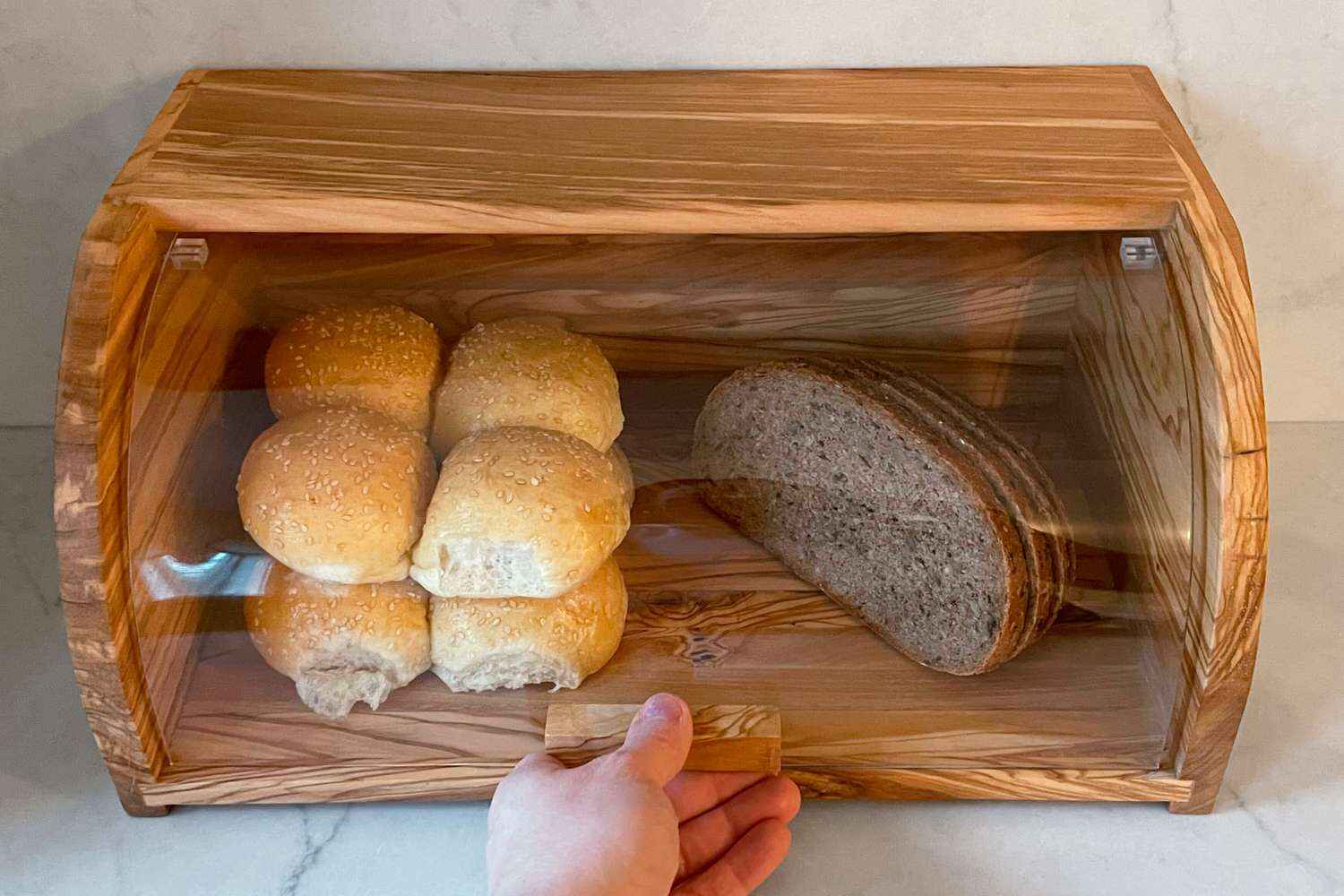
7. Cooked Food
Cooked food is particularly vulnerable to bacterial growth in humid conditions.
Storage Tips:
– Cool Quickly: Allow cooked food to cool quickly before storing it in the refrigerator to prevent bacterial growth.
– Airtight Containers: Store cooked food in airtight containers to maintain freshness and prevent contamination.
– Consume Promptly: Try to consume cooked food within 2-3 days to avoid spoilage.
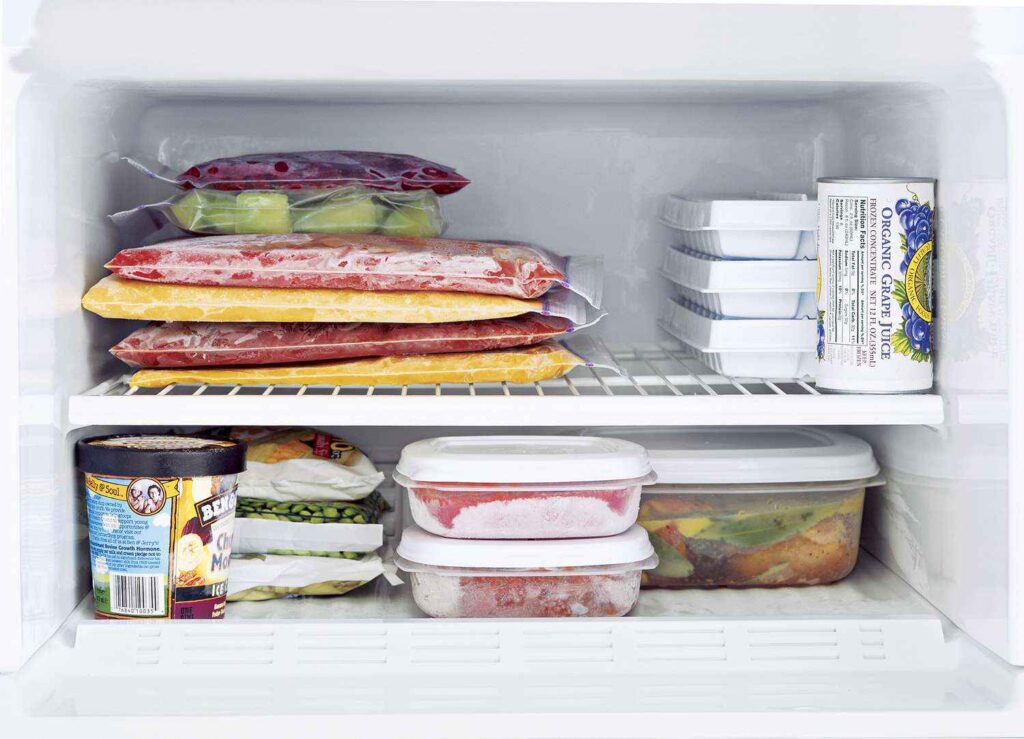
8. Snacks and Packaged Foods
Snacks and packaged foods can lose their crunchiness and flavor if exposed to moisture.
Storage Tips:
– Sealed Packaging: Ensure that snacks and packaged foods are sealed tightly after each use.
– Silica Gel Packs: Place silica gel packs in snack storage containers to absorb excess moisture.
– Cool, Dry Place: Store these items in a cool, dry place away from humidity.
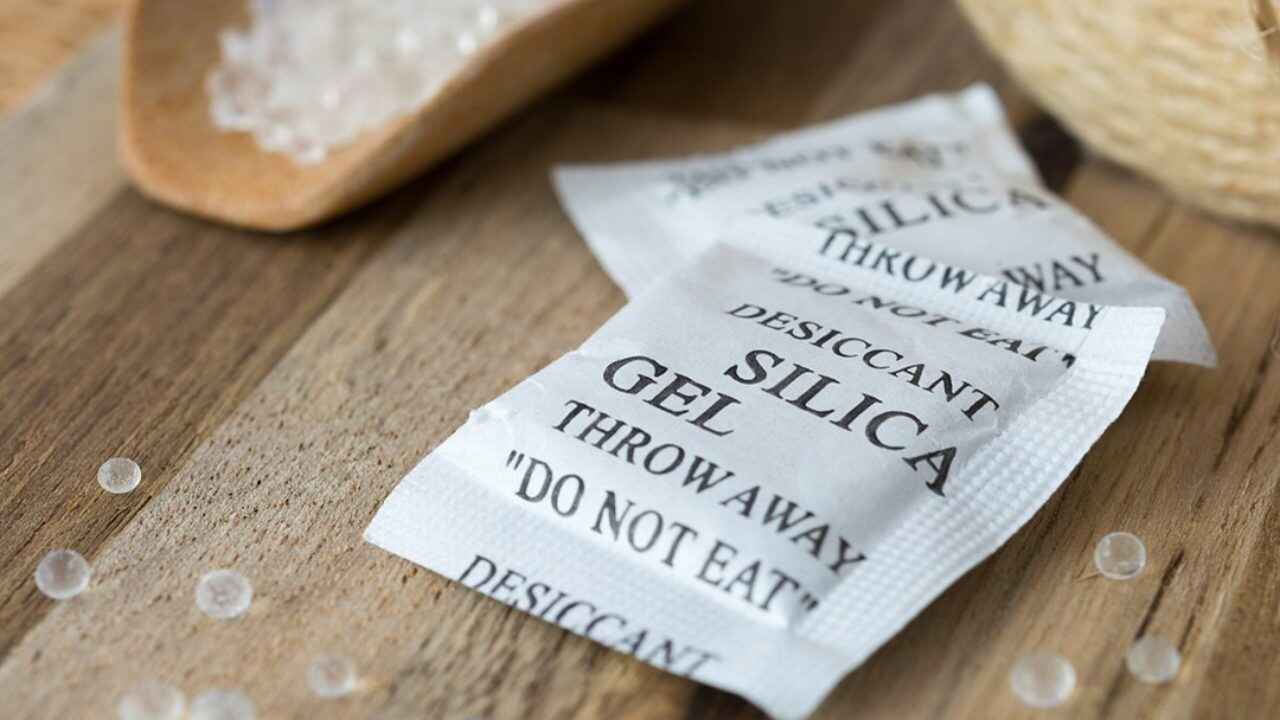
9. Condiments and Sauces
Condiments and sauces can spoil or ferment if not stored properly during the rainy season.
Storage Tips:
– Refrigeration: Store condiments and sauces in the refrigerator after opening.
– Tightly Sealed: Ensure that the bottles and jars are tightly sealed after each use.
– Check Expiry Dates: Regularly check expiry dates and consume the products before they go bad.
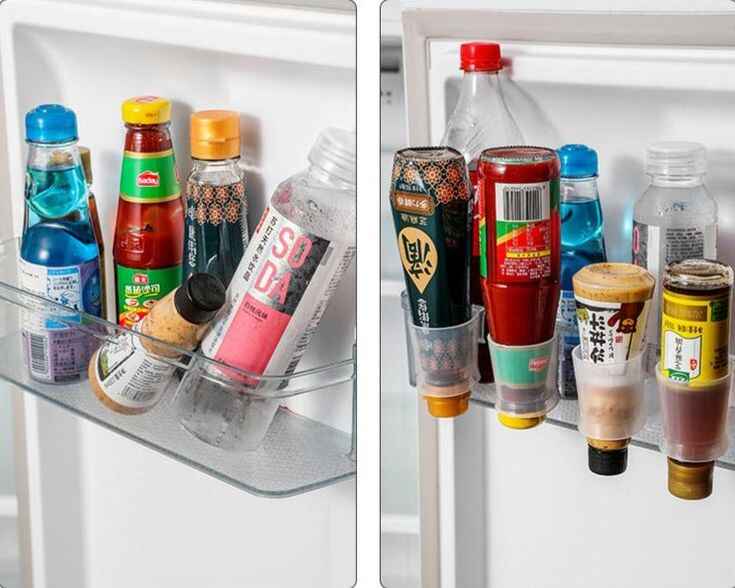
10. Oils and Ghee
Oils and ghee can become rancid in humid conditions.
Storage Tips:
– Airtight Containers: Store oils and ghee in airtight containers to prevent them from absorbing moisture.
– Cool, Dark Place: Keep them in a cool, dark place away from direct sunlight.
– Avoid Plastic: Use glass or metal containers instead of plastic, which can react with oils.

General Tips for Food Storage in Rainy Season
– Regular Inspection: Regularly inspect your pantry and refrigerator for any signs of spoilage or pests.
– Cleanliness: Maintain cleanliness in the kitchen to prevent the growth of mold and bacteria.
– Use Fresh Produce: Try to buy fresh produce in small quantities and use them quickly to avoid spoilage.
– Pest Control: Implement pest control measures to keep ants, cockroaches, and rodents at bay.
Conclusion
Proper food storage during the rainy season is crucial to ensure that your food remains fresh, safe, and free from contamination. By following the tips and techniques mentioned in this article, you can effectively manage the challenges posed by high humidity and damp conditions. From grains and pulses to dairy products and snacks, every type of food requires special care to prevent spoilage and maintain its quality.
Remember, investing a little time and effort in proper food storage can go a long way in reducing waste, saving money, and ensuring that you and your family enjoy healthy and delicious meals throughout the rainy season.
Image suggestion: A collage of various types of food stored properly, showcasing a clean and organized kitchen.
By adhering to these guidelines, you can make the most of the rainy season without worrying about food spoilage. Happy monsoons and happy cooking!
